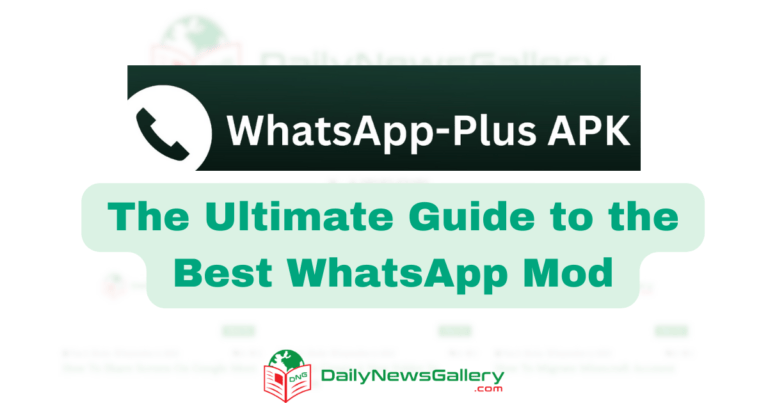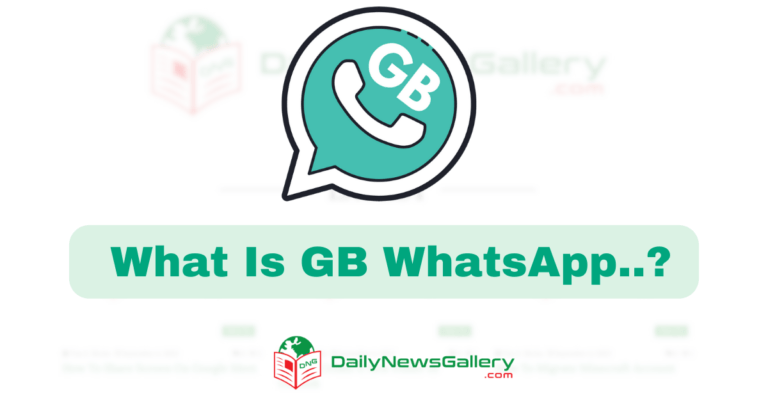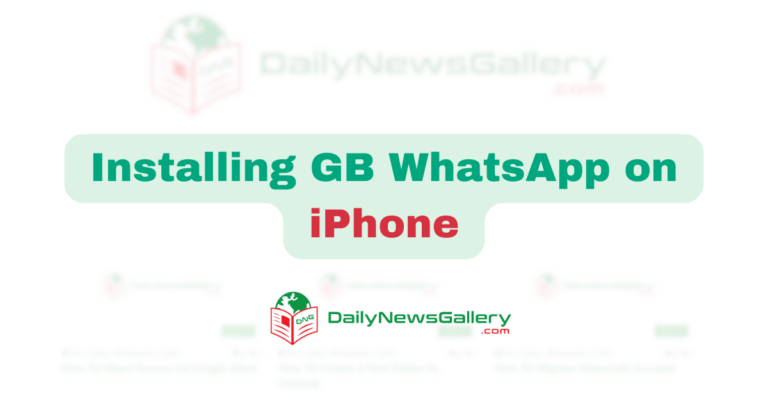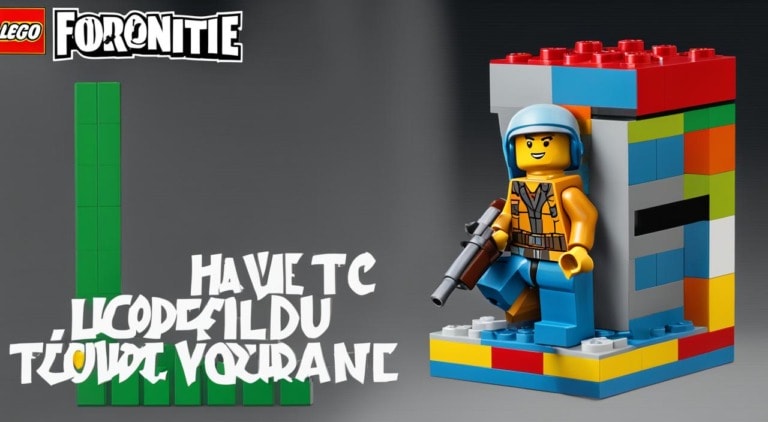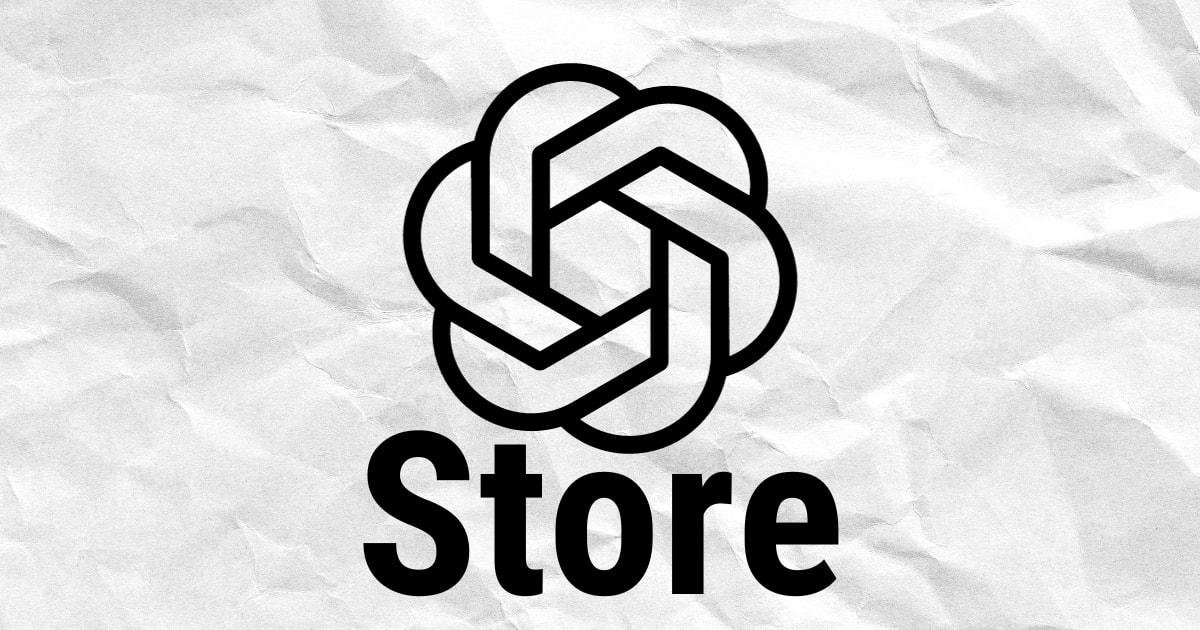
OpenAI is gearing up to launch a new platform, the GPT Store, next week. This store will offer custom apps based on OpenAI’s text-generating AI models, like GPT-4, providing developers with a unique space to showcase their AI-driven applications.
The GPT Store, first announced at OpenAI’s DevDay conference, is designed for developers creating applications using GPT models.
To list their apps in the store, developers must comply with OpenAI’s updated usage policies and GPT brand guidelines. The apps must be set to “public” status, and developers are required to verify their user profiles.
GPTs: Simplifying AI App Development
GPTs (Generative Pre-trained Transformers) allow developers to create AI apps without needing extensive coding experience. These apps can range from simple to complex, such as a GPT trained on cookbooks to assist with recipe questions or one that ingests a company’s codebase for developer assistance.
OpenAI’s GPT Builder tool enables developers to describe the desired capabilities in plain language, and the tool attempts to create a corresponding AI-powered chatbot.
Revenue-Sharing and Monetization
As of now, it’s unclear whether the GPT Store will include a revenue-sharing model. OpenAI has not yet disclosed details regarding payments or monetization strategies for developers listing their apps in the store.
OpenAI’s transition from an AI model provider to a platform hosting an app store marks a significant shift in its business strategy. This move could democratize the creation of generative AI apps, potentially impacting consultancies that specialize in building similar applications.
The launch of the GPT Store represents a major step in making AI app development more accessible. It opens up new possibilities for developers to innovate and share their AI-driven applications with a broader audience.
As the store launches, it will be interesting to see how it shapes the landscape of AI app development and the broader tech ecosystem.

